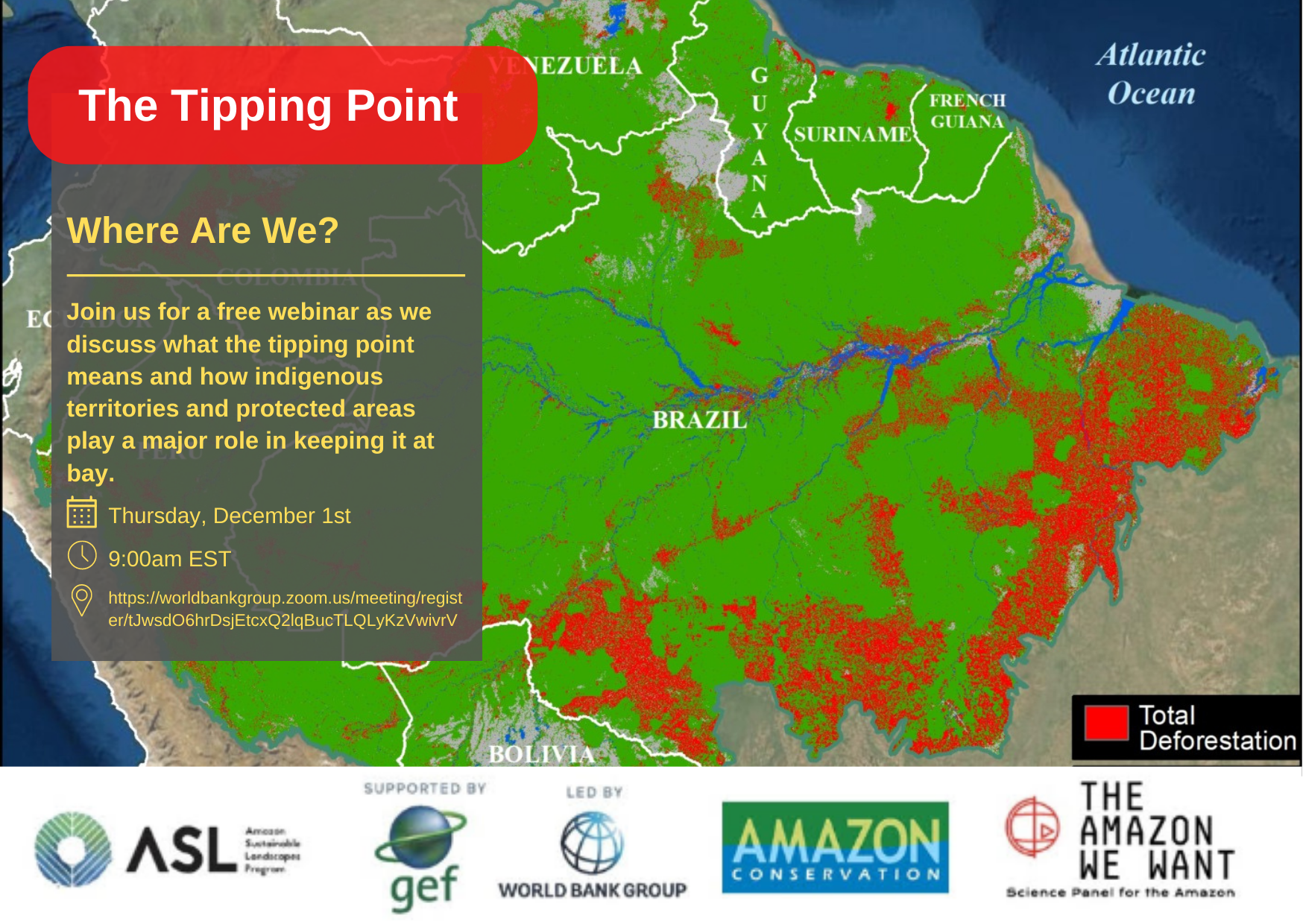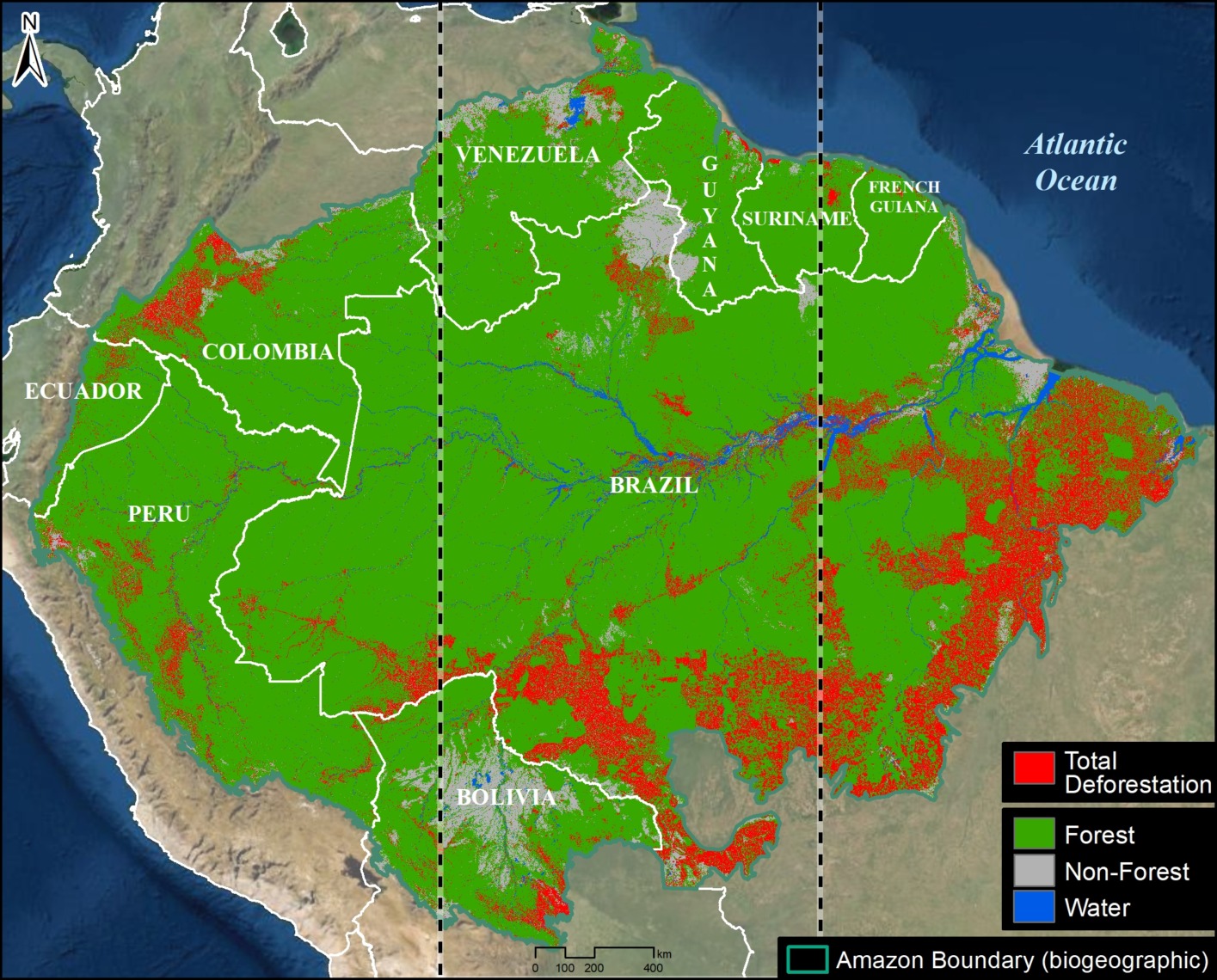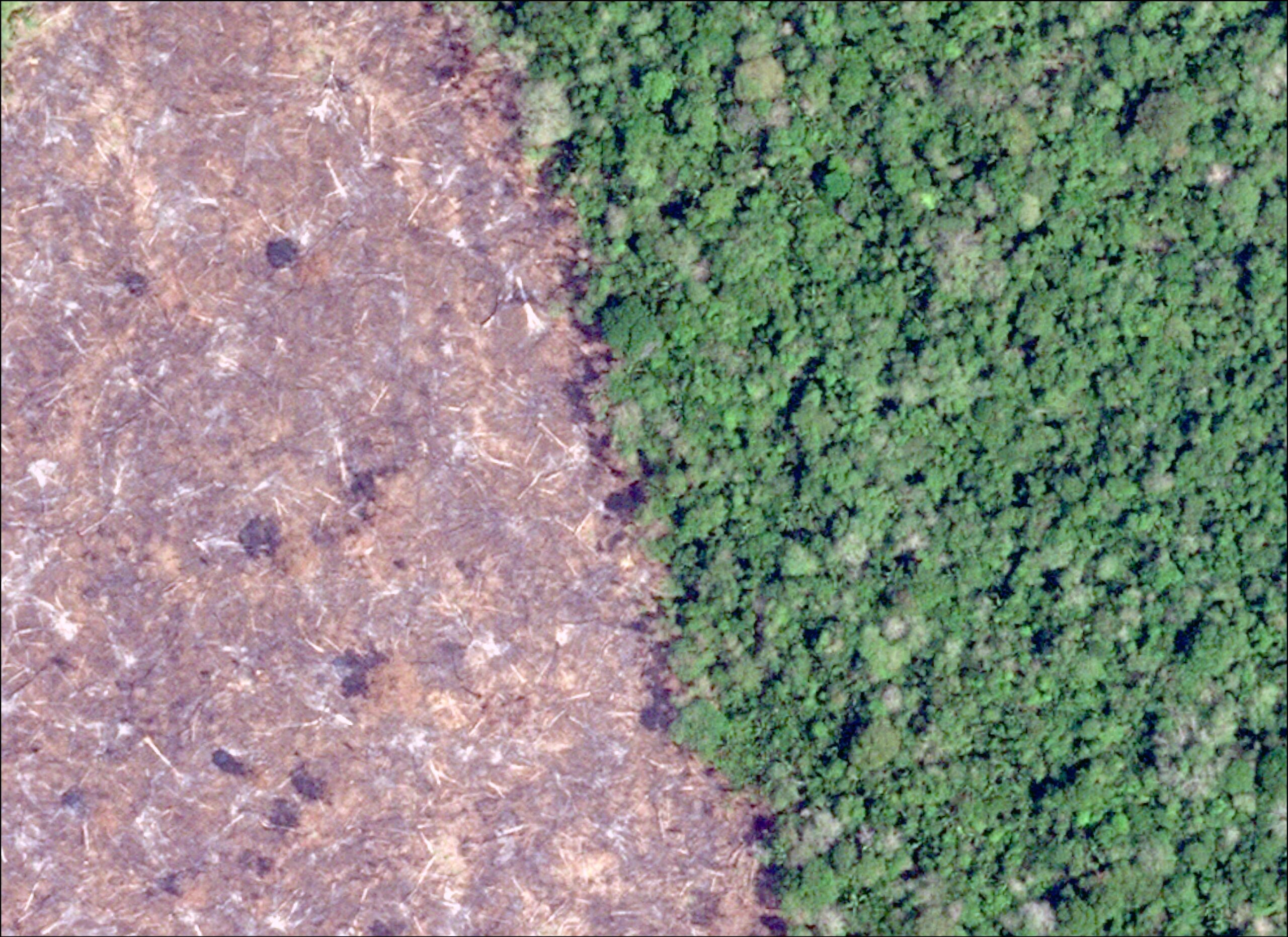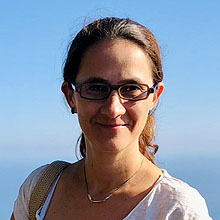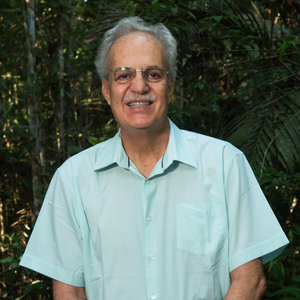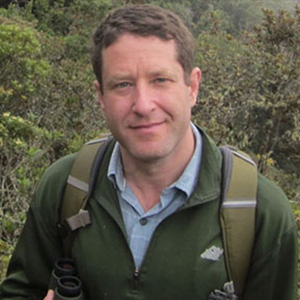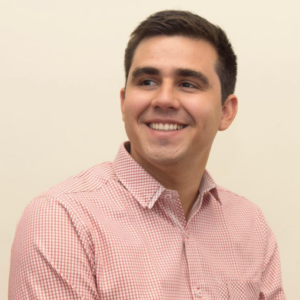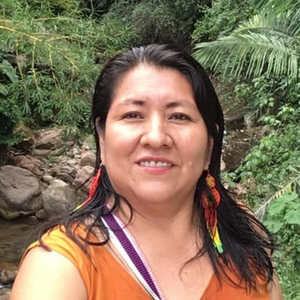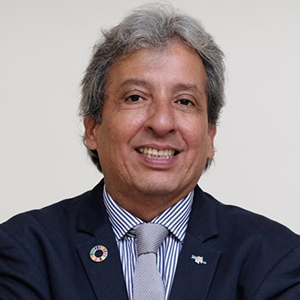Ana María González Vilosa
Ana María has worked since 2008 at the World Bank on conservation and sustainable development projects in the African and Latin American regions. She is currently the coordinator of the Amazon Sustainable Landscapes Program and manager for the Integrated Management of the Putumayo-Ica river watershed project. Previously she worked at The Nature Conservancy and, in her home country of Colombia, in multiple research, public and civil society organizations. Ana María is an economist with Masters degrees in Environmental and Natural Resource Economics from the Universidad de los Andes and International Development from George Washington University.
Carlos Nobre
Carlos A. Nobre is an Earth System scientist from Brazil. He graduated in Electronics Engineering from the Aeronautics Institute of Technology (ITA), Brazil, in 1974 and obtained a PhD in Meteorology from the Massachusetts Institute of Technology (MIT), USA, in 1983. He dedicated his scientific carrier mostly to Amazonian and climate science at Brazil’s National Institutes of Amazonian Research (INPA) and Space Research (INPE). He proposed almost 30 years ago the hypothesis of Amazon ‘savannization’ in response to deforestation. He was Program Scientist of the Large-Scale Biosphere-Atmosphere Experiment in Amazonia (LBA). He is a former National Secretary of R&D of Ministry of Science and Technology of Brazil and former President of the Federal Agency for Post-Graduate Education (CAPES). He is foreign member of the US National Academy of Sciences, member of the Brazilian Academy of Science and of the World Academy of Science. He was one of the authors of IPCC AR4 awarded with the Nobel Peace Prize in 2007. He is presently a senior researcher with the Institute for Advanced Studies, University of São Paulo and the creator of the Amazon Third Way-Amazonia 4.0 Initiative that seeks a new development paradigm based on a biodiversity-driven bio-economy utilizing modern technologies of the Fourth Industrial Revolution.
Matt Finer
For the past two decades, Matt has been dedicated to investigating threats to the Amazon. As part of this effort, he has been especially focused on advancing the dynamic field of real-time, satellite based threats monitoring from deforestation and fires. Following years of Amazon-based work, Matt came aboard Amazon Conservation in 2013, and in 2015 launched MAAP (Monitoring of the Amazon Project) as the organization's dedicated real-time monitoring program. Under his leadership, MAAP has published over 130 high-impact public reports on critical topics including Amazon fires, illegal gold mining, illegal logging, expansion of the agricultural frontier, and road construction. He also works closely with colleagues in Amazonian countries to convert the technical findings into effective policy action. Matt received his Ph.D. from the School of Biological Sciences at Washington State University in 2003 and got his start as an undergrad in the Ecology and Evolution department at the University of Pittsburgh. Prior to joining Amazon Conservation, he was a Project Scientist for the Center for International Environmental Law (CIEL) Sustainable Loreto project and Staff Ecologist at Save America’s Forests. Matt received his Ph.D. from the School of Biological Sciences at Washington State University in 2003.
Carlos Ardila Espinosa
Member of the House of Representatives for the Constitutional Period 2018 - 2022 for the department of Putumayo, Colombia. Lawyer from the University of Santiago de Cali, specialized in Administrative Law from the Externado de Colombia University. With an extensive experience in social and community work. In the professional field he has served as head of the Legal Office, head of the Internal Control Office, and Secretary of Government in the Mayor's Office of Valle del Guamuez. In the national context, he has worked in the Administrative Direction of the Superintendence of Notaries and Registry, as advisor in the Congress of the Republic, as Presidential Council for Human Rights, and advisor to the Minister of the Interior.
Ketty Marcelo
Ketty Marcelo is a recognized indigenous leader of the Asháninka people, president of the National Organization of Andean and Amazonian Women of Peru (ONAMIAP). She is a member of the Pucharini Native Community, in the Amazonian province of Chanchamayo, Peru. In her trajectory as a social leader, she has contributed to making visible and positioning the interests and priorities of Andean and Amazonian indigenous women, both nationally and internationally. Her work has been developed from the communities of the Peruvian Amazon as well as from the Central de Comunidades Nativas de la Selva Central (CECONSEC). Ketty is also the national coordinator of the National Council of Indigenous Women of Peru (OMIASEC).
Manuel Pulgar-Vidal
Manuel Pulgar-Vidal is the global leader of Climate and Energy at WWF and chair of the IUCN Climate Crisis Commission. He has more than 35 years of experience in environmental law and policy. He served as Minister of the Environment of Peru (2011 to 2016) and President of the Twentieth Conference of the Parties to the United Nations Framework Convention on Climate Change - COP20 in 2014. Mr. Pulgar-Vidal was the Executive Director of the Peruvian Society for Environmental Law, an influential institution in Latin America. He has a law degree from the Pontificia Universidad Católica del Perú, where he is a professor, and has completed studies for a master’s degree in Business Law at the Universidad Peruana de Ciencias Aplicadas.
